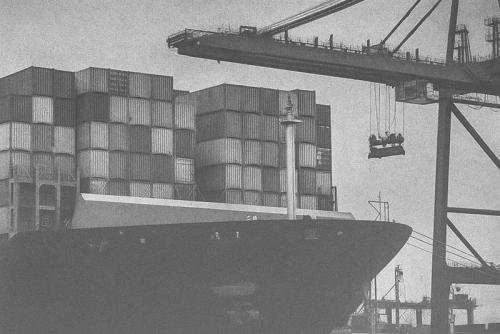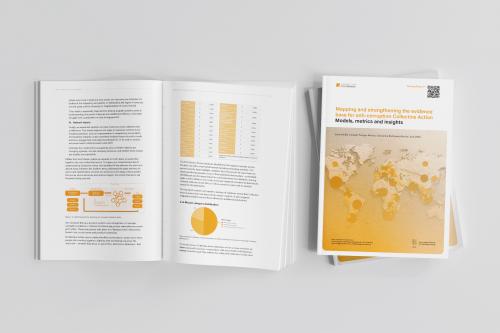Research into how informal practices fuel and entrench corruption
Recently, researchers from the Basel Institute, University College London (UCL), SOAS London and other international institutions met in Basel to take stock of progress made and discuss next steps in their new anti-corruption research project on “Informal Governance and Corruption”. Emerging evidence from the fieldwork, carried out in East Africa, Central Asia and the Caucasus, suggests that informal practices are not only essential for regime survival but also associated with the prevalence of high levels of corruption.
The multidisciplinary research team found that networks of political elites and influential business interests actively use informal practices of co-optation, control and camouflage to effect a particularistic redistribution of resources and protect the status quo from contestation. These initial findings point to the need of acknowledging this particular functionality of corruption for the purpose of coming up with solutions that go to the heart of the problem.
The research project on Informal Governance and Corruption - Transcending the Principal Agent and Collective Action Paradigms is one of the eight grants awarded by the Anti-Corruption Evidence Programme of the British Academy and the Department for International Development (DFID). The grants support world-leading multidisciplinary research to explore policies and interventions in different countries that have reduced corruption and helped address its negative impact on people's lives.
The conceptual framework on informal governance practices, developed by Claudia Baez Camargo from the Basel Institute with Alena Ledeneva from UCL, will be published in the forthcoming special issue on “Innovations in Corruption Studies in Europe and Beyond” of the Slavonic and East European Review.



